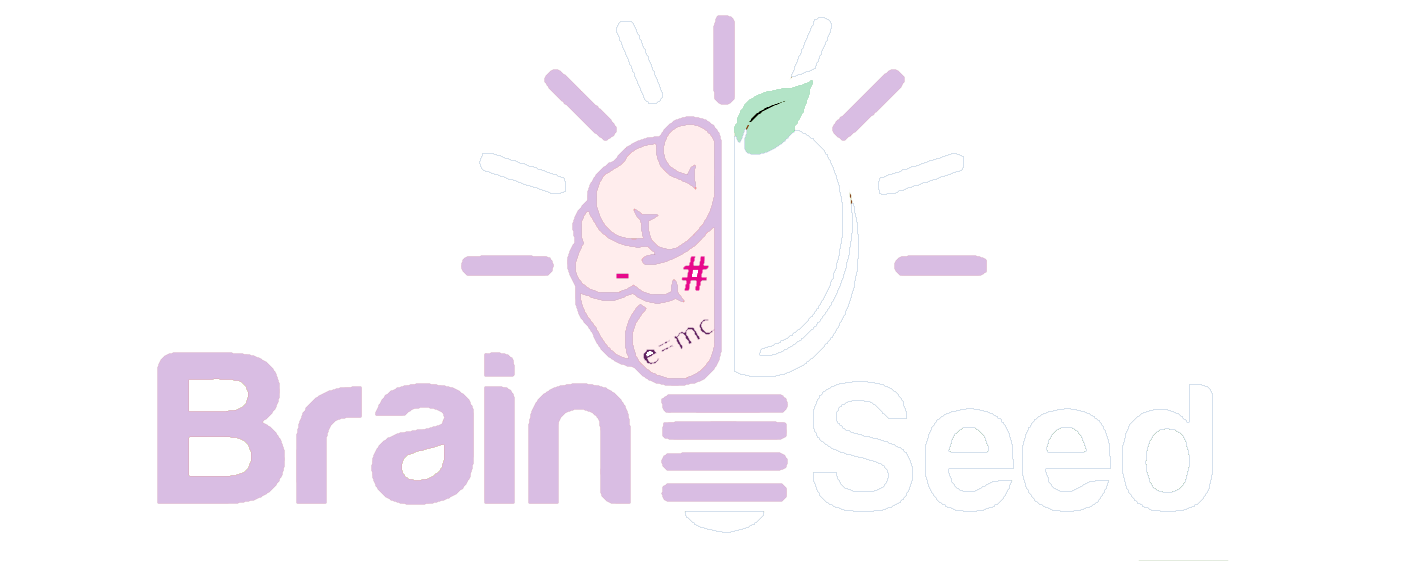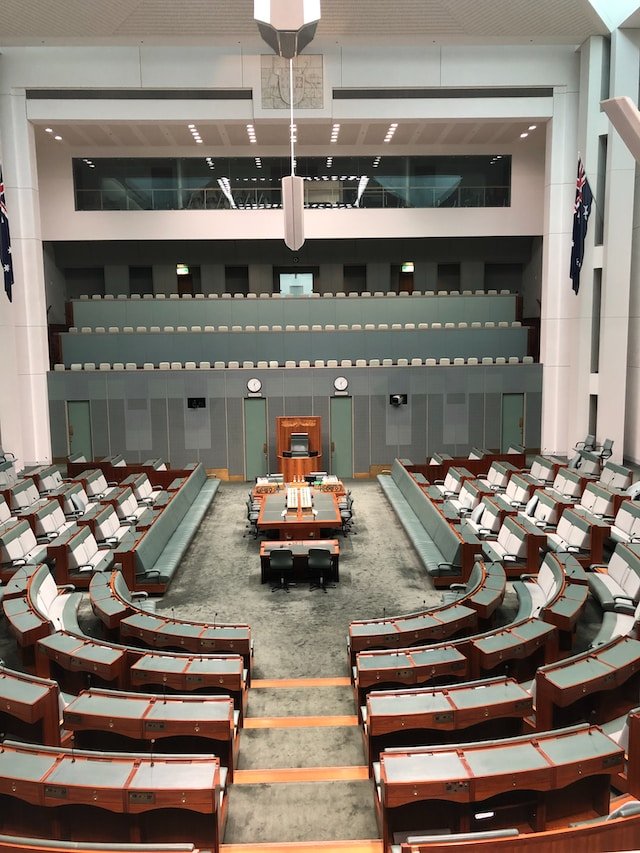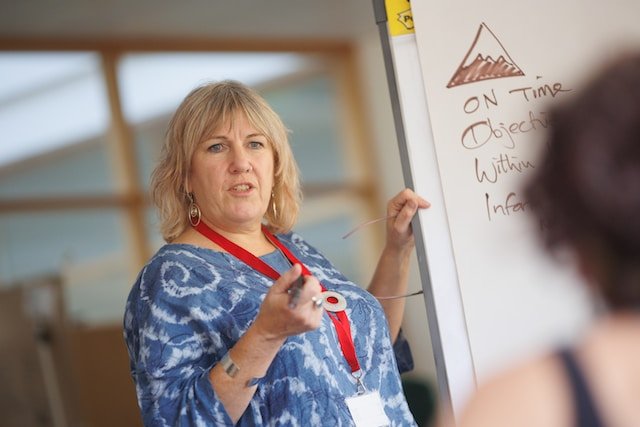How can drama be used to explore the experience of Hong Kong’s political system?
Introduction: In recent years, Hong Kong’s political system has undergone significant changes, leading to a complex and often controversial environment. Drama can be a powerful tool to explore the experiences of individuals within this system and shed light on the challenges they face. This article will discuss how drama can be used to explore the experience of Hong Kong’s political system.
Background: Hong Kong’s political system is unique as it operates under the principle of “one country, two systems,” which allows for a high degree of autonomy from mainland China. However, recent changes to the system have sparked controversy and turmoil, including the 2019 pro-democracy protests and the implementation of the National Security Law in 2020. Drama can offer a platform to explore the experiences of individuals within this complex world of politics.
Creating Authentic Characters: One way of exploring the experience of Hong Kong’s political system is by creating authentic characters that represent different perspectives and experiences. These characters can be based on real people or composite characters that embody the challenges faced by individuals within the system. For example, a drama series could follow the story of a young political activist who becomes disillusioned with the system after witnessing the violent crackdown on the 2019 protests.
Tackling Complex Issues: Drama can also be used to tackle complex issues within Hong Kong’s political system, such as opposition, surveillance, and freedom of speech. By exploring these issues from the perspective of authentic characters, drama can help the audience grasp the impact of these policies on individuals and society as a whole. For example, a play could examine the experiences of a journalist who faces censorship and surveillance while investigating policy issues.
Encouraging Dialogue: Drama can be a powerful tool to encourage dialogue and promote understanding of different perspectives within Hong Kong’s political system. By bringing together characters from different backgrounds and experiences, drama can foster empathy and encourage conversation. For example, a play could follow the story of a pro-democracy activist and a supporter of the National Security Law as they engage in a dialogue about the future of Hong Kong.
Conclusion: In conclusion, drama can be an effective way of exploring the experiences of individuals within Hong Kong’s complex political system. By creating authentic characters, tackling complex issues, and encouraging dialogue, drama can help the audience understand the challenges faced by individuals within the system. Additionally, drama can offer a platform for marginalized voices to be heard and promote empathy and understanding. Therefore, the use of drama to explore Hong Kong’s political system should be encouraged as a way of promoting social and political awareness.
Are you looking for a fresh and exciting way to engage your school’s drama program or your child’s creativity? Try YouTube drama! It’s a fun and modern way for students to create and perform in their own videos. YouTube drama is flexible, convenient, and can even reach a wider audience. Plus, it teaches valuable skills like video production, editing, and storytelling. Click here to learn more about how YouTube drama can benefit your school’s drama program.







